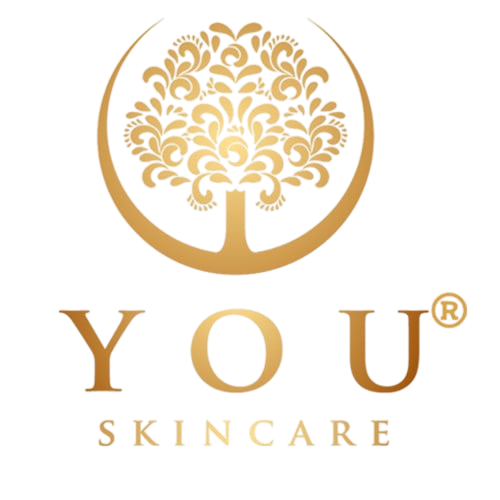January 12, 2025
In the ever-evolving world of skincare, innovation drives the pursuit of more effective and targeted solutions. Encapsulation, a technology originally developed for pharmaceutical applications, has revolutionized the delivery of active ingredients in cosmetics. By isolating and protecting active compounds, encapsulation improves their stability, enhances penetration, and minimizes side effects, offering immense potential for modern skincare formulations.
This blog explores encapsulation technologies, their applications in topical skincare, and the science that underpins their effectiveness.
Encapsulation involves enclosing active ingredients within a protective barrier, which can be made of natural or synthetic polymers, lipids, or other materials. This protective mechanism provides several benefits:
The encapsulation systems commonly used in cosmetics include microparticles, nanoparticles, nanoemulsions, and vesicles.
Microparticles are tiny capsules, often ranging from 1 to 1000 micrometers in diameter. They are designed to remain on the skin's surface or penetrate the hair follicles. Key benefits include:
For instance, microsponges loaded with benzoyl peroxide showed reduced skin irritation while maintaining antimicrobial activity in acne treatments.
Nanoparticles are submicron-sized systems (<1 micrometer) that offer advantages such as deep skin penetration and sustained release of actives. Common forms include nanospheres and nanocapsules:
Scientific studies highlight the potential of nanoparticles to enhance the penetration and retention of active compounds like minoxidil and sunscreens in the epidermis.
Nanoemulsions are ultra-fine emulsions with droplet sizes between 100 and 500 nanometers. They provide benefits such as:
Studies have shown that nanoemulsions containing sunscreens achieve greater skin penetration and retention compared to conventional emulsions.
Vesicles, such as liposomes and transfersomes, mimic natural cell membranes and offer versatile delivery options:
Encapsulation technologies provide solutions to some of the most common challenges in skincare. Here are a few ways encapsulation enhances skincare formulations:
While encapsulation offers numerous benefits, its increasing use has sparked concerns about safety and environmental impact. Studies suggest that nanoparticles used in sunscreens, such as titanium dioxide and zinc oxide, do not penetrate healthy human skin, posing minimal risk to users. However, more research is needed to understand the long-term effects of some nanomaterials.
The encapsulation field is continuously evolving, with ongoing research exploring novel materials and methods to improve efficacy and safety. For instance:
Encapsulation represents a breakthrough in skincare science, allowing for the precise delivery of active ingredients while minimizing side effects and enhancing efficacy. As technology advances, encapsulation will continue to drive innovation, offering personalized solutions that cater to diverse skin needs.
To explore the latest encapsulated skincare solutions, visit YOU Skincare and discover products designed with cutting-edge science for healthier, radiant skin.Comments will be approved before showing up.
April 07, 2025
Many of us dream of having bright, radiant skin that glows with health. Skin brightening treatments have become increasingly popular as they help reduce dark spots, even out skin tone, and restore a youthful appearance. Modern skin brightening treatments work by targeting melanin production, removing dead skin cells, and promoting cell turnover to reveal fresher, more luminous skin underneath.
January 28, 2025
Finding the right face mask for sensitive skin can be tricky. Many masks contain strong ingredients that may irritate delicate skin. But don't worry - there are great options out there.
January 27, 2025
Oily skin can be tricky to manage, but hyaluronic acid might be the secret weapon you've been looking for. This powerful skincare ingredient is known for its ability to hydrate and plump the skin. You might think adding moisture to oily skin is counterintuitive, but it's actually quite beneficial.
